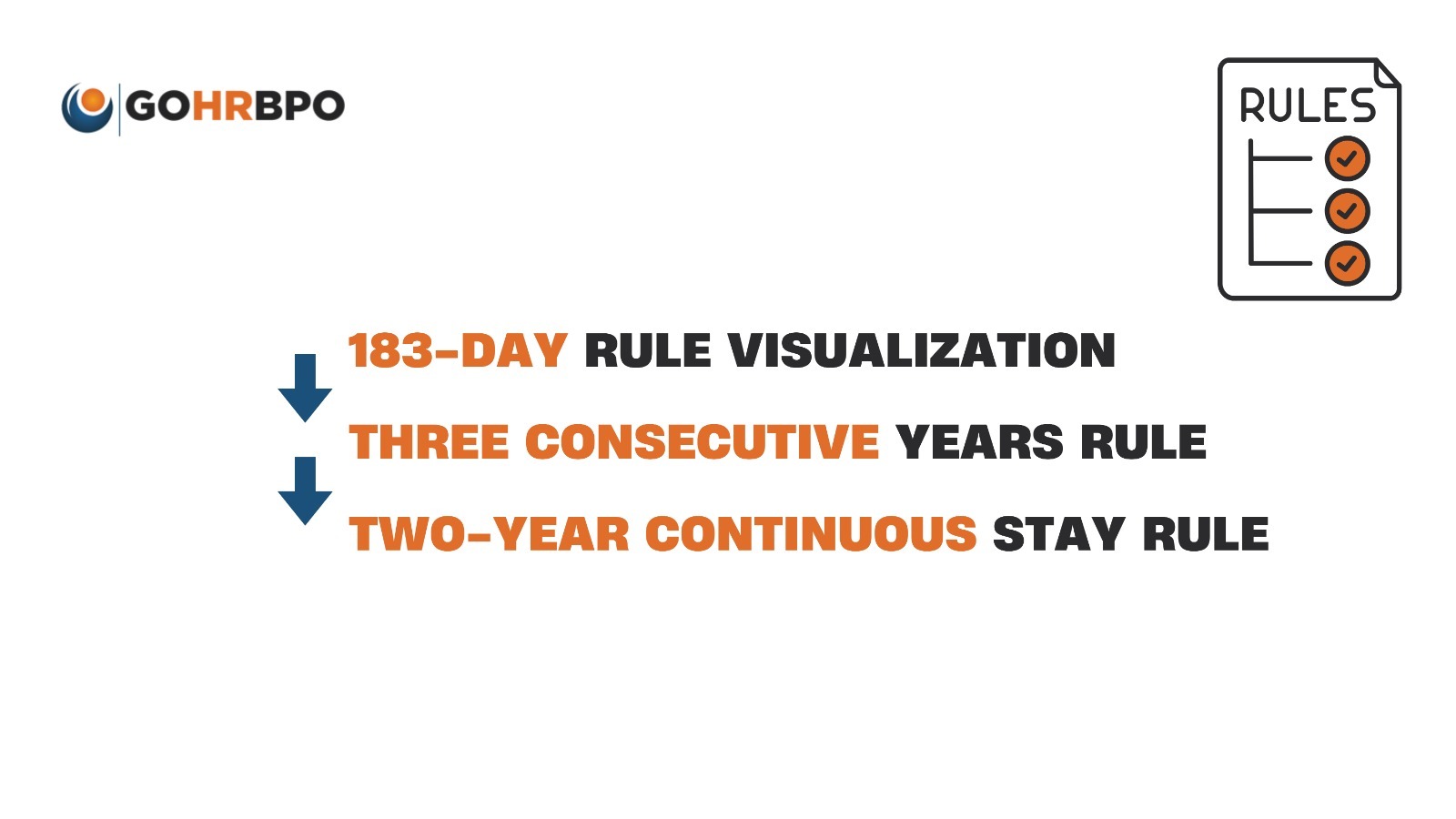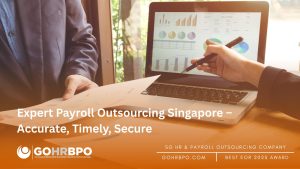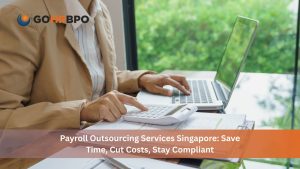Singapore is one of Asia’s leading financial hubs and attracts professionals from all over the world. Therefore, it is all the more important to appreciate the tax implications of working in this sprawling Lion City to plan accordingly to protect the interests of any expatriates. The guide before you covers everything you need to know about Singapore.
Tax Residency Status: The Groundwork
While one must be no stranger to the tax residency status, no one must forget that the tax residence status has much to say about your tax obligations, says the Inland Revenue Authority of Singapore (IRAS). A person is said to be a tax resident of Singapore if he or she satisfies any of the following criteria:
- Has stayed or worked there for 183 days or more over a year;
- Has worked there for three consecutive years;
- Has stayed for 183 days or more in Singapore across two years.

Singapore Income Tax For Foreigners 2025: Current Tax Rates and Brackets
Singapore has provided progressive tax rates for tax residents and fixed rates for non-residents.
Tax Residents:
- 0% tax on the first $20,000;
- Next $10,000 is taxed at 2%;
- Next $20,000 is taxed at 3.5%; progressive rates are applicable up to 24% for income above $320,000.
Non-Tax Residents:
- Employment income is taxed at a flat rate of 15% or resident rates, whichever yields more.
- Directors’ fees or consulting fees at flat rates of 24%.
Also Read : Step-by-step Guide to Submitting Your SG Arrival Card
Singapore Income Tax For Foreigners 2025: Understanding Taxable Income
The Singapore Economic Development Board has clarified that chargeable income comprises:
- Income from employment such as salary, bonuses, and commissions
- Income from business activities
- Rental income from Singapore properties
- Investment income (specific conditions apply)
Common Tax-Exempt Items
- Overseas-sourced income unless brought in from abroad via Singapore
- Capital gains
- The majority of foreign-sourced dividends
Tax Deductions and Reliefs
Key points that tax experts at KPMG Singapore recommend for foreign nationals to claim deductions include:
1. Employment expenses
- Membership of a professional body
- Fees for the course
- Home office expenses
2. Personal reliefs (for income taxpayers)
- Contributions to the employees’ Central Provident Fund scheme
- Premiums paid for life insurance
- Charitable donations
Filing Requirement and Deadlines
The Ministry of Manpower emphasizes some critical deadlines:
- Filing a document every year: April 15th;
- Payment of taxes: 30 days from when notice is given;
- Submission of estimated chargeable income: three months before the end of the financial year.
Essential Documentation
- Form IR8A (from the employer)
- All income statements
- Proofs of deductions claims
- Rental agreements (if applicable)
Also Read : Gohrpo Payroll Outsourcing Price for Premium Company with Features
Special Considerations for Foreign Professionals
Not Ordinarily Resident Scheme (NOR)
The Singapore Global Network highlights benefits including:
- Time apportionment of employment income
- Exemption from taxes on employer contributions to non-mandatory overseas pension funds
- Qualifying period which spans to the term of five years
Double Taxation Agreements
Singapore possesses vast DTAs with numerous countries. The Ministry of Foreign Affairs recommends checking specific agreements to:
- Avoid situations concerning double taxation.
- Understand taxation credit systems.
- Verify applicable tax rates.
Looking Ahead: 2025 Changes
Key trends will include:
- Improved digital record-keeping
- Possible rate adjustments
- Extended international tax cooperation
- New deduction categories
Conclusion
Understanding Singapore’s tax system is important for foreigners working in the country. It is simple, yet requires planning and compliance. Keep track on the changes through the official channels, and if in doubt, a tax professional may assist in such perplexing cases.
Remember that tax laws regularly face amendments, and personal circumstances may vary dramatically. Seeking clarification for changes in order to maximize tax benefits would also necessitate the individual to approach queries to IRAS and maybe seek out a tax professional for advice on optimally managing the tax-situation while still complying with regulations set forth in Singapore.






